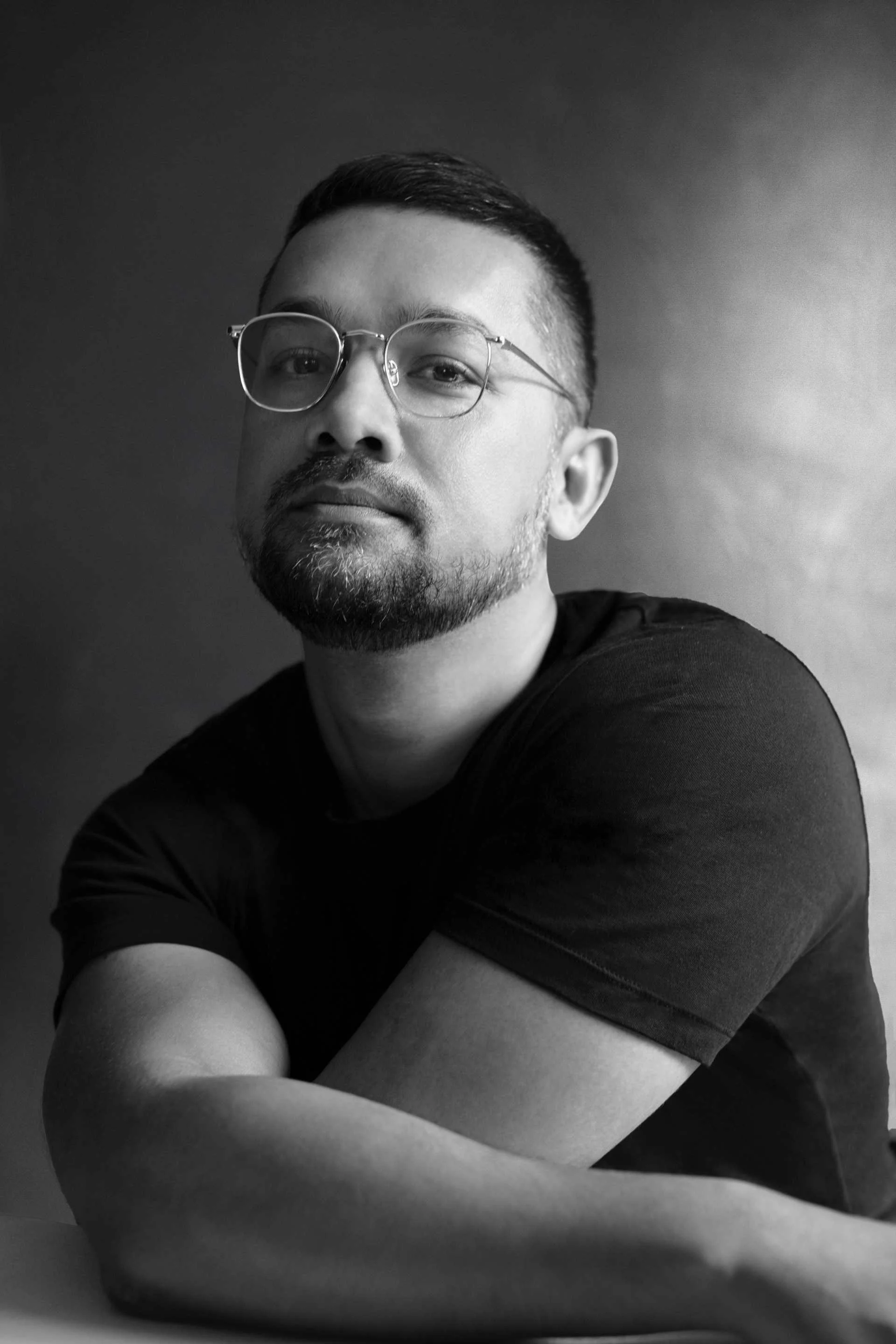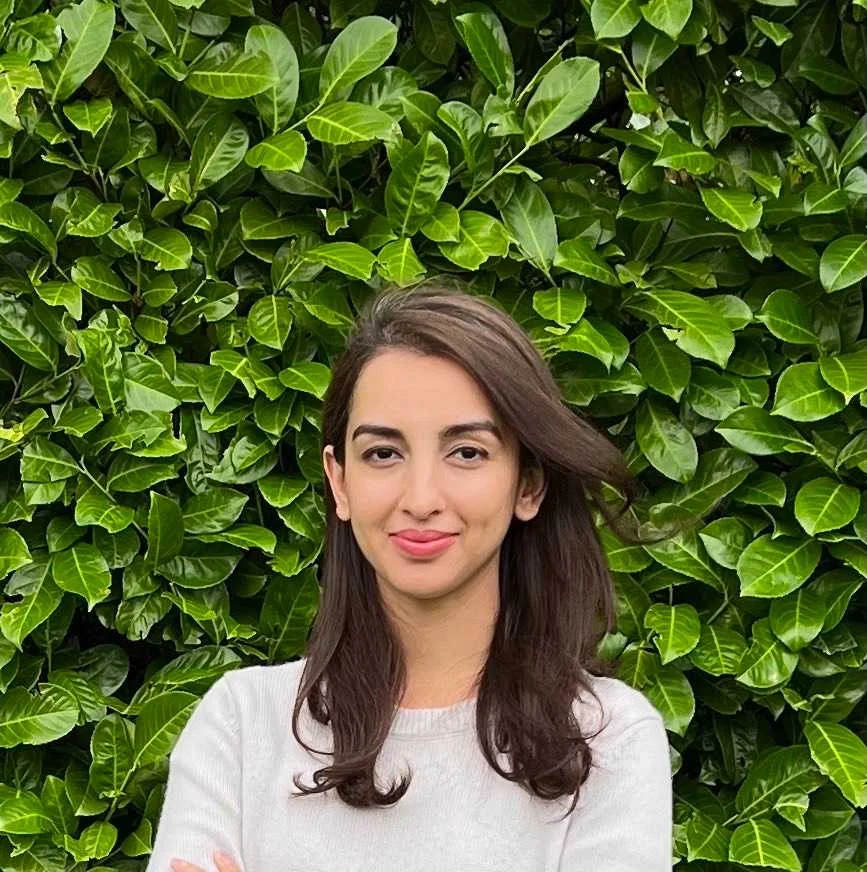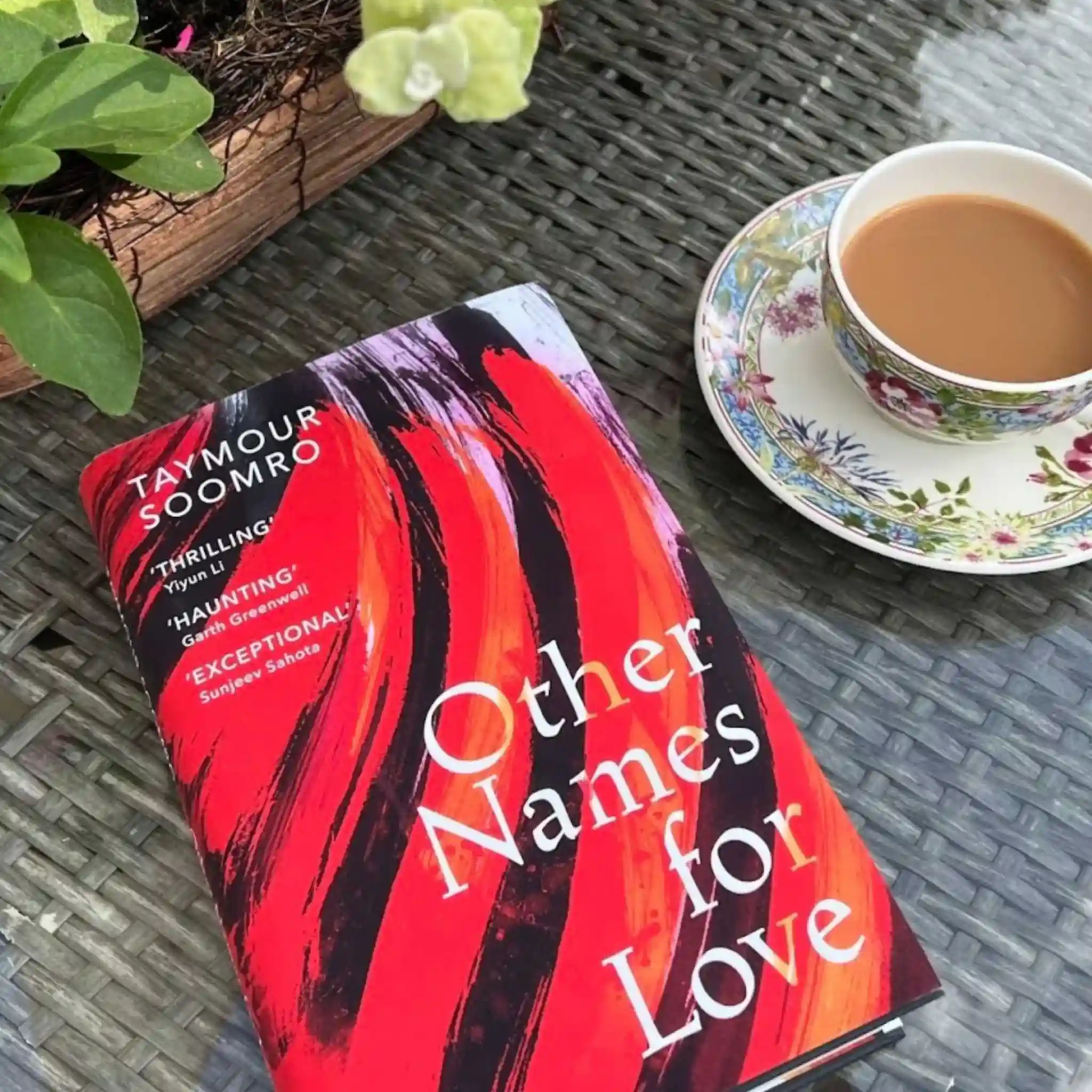Taymour Soomro’s debut novel is a delicate exploration of masculinity, familial loyalty, duty, desire, and, most of all, love, through the strained relationship between its two male protagonists: Fahad and his father Rafik.
The first half of the novel is a coming-of-age story. It opens with sixteen-year-old Fahad on a train from Karachi to Abad, his family’s ancestral rural estate in Sindh. He can hear his father barking orders from the adjoining cabin. Fahad is miserable. He had wanted to spend the summer in London with his mother, but his father demanded that Fahad spend the summer learning the ropes in Abad. Rafik wants to make his son overcome his sensitive, softer tendencies, to subdue his “nakhras”, and to make a “man” of him.
Fahad is determined to resist his father’s aspirations. “He would sequester himself, keep himself to himself. He wouldn’t allow his father to have any effect on him at all.” But all fathers affect their children, and by the end of the summer Rafik’s actions do change him, though not in the way he thought or hoped. His father introduces Fahad to Ali, the son of a local farm owner, and hopes the boy, a “local toughie”, will rub off on his son. As the boys spend time together, the boys do indeed become close, and an attraction blooms between them. The summer culminates in events that will end up altering both Fahad and Rafik’s lives.
Abruptly, before we find out how these events unfold, before we’re given a chance to dwell on them, the novel skips a few years ahead and we find Rafik visiting Fahad who has broken away from his family and is now living in London. Quickly, we jump again; this time, it’s been decades. Fahad is living in London with his partner, but memories of Abad still have “the tenderness of a wound even after thirty years away.” A phone call from his mother forces him to return to Karachi, return to Abad, and face what he thought he had escaped forever.
The second half of the novel is told from the vantage point of the present looking into the past, trying to piece together events that led to today’s consequences. The prose has the subtle texture of nostalgia, of regret, of the longing, of trying to wrap up the past into a neat narrative.
The most striking thing about this novel, apart from the time jumps, is that it is told from two points of view. We don’t only get Fahad’s story – which would make for a standard narrative about a boy living under the shadow of an oppressive father – but also Rafik’s. Telling the story with the viewpoints of the father and the son complicates our assumptions about them. In an interview with Electric Literature, Soomro said he “wanted to resist this very easy way of saying: queer shame, the fault of it lies with parents, who end up being a metaphor for tradition, and the culture you came from and the community you came from… It was important to me that there shouldn’t be any villains in this story, and it shouldn’t be so simple.”

Multiple viewpoints in novels can be unnecessary, but here, they are vital. Adding Rafik’s voice to the narrative not only gives us a different perspective than Fahad’s, it also touches very deftly on the nuances of relationships and how we see ourselves versus how others see us. For example, in chapters written from Fahad’s point of view, Rafik oozes power and confidence. In Rafik’s pages, his insecurities are clearly visible beneath the surface, as is, in his own dysfunctional way, his love for his son. Both Rafik and Fahad are products of tradition: how men are taught to be men, and the way men are taught to love. Even if we don’t sympathise with Rafik (or even at times with Fahad, who refers to the villagers as “savages”), we understand him. Fahad, who does not have access to Rafik’s mind, never does.
“Everything Fahad did, his father twisted his mouth at – that his clothes were too tight, his hair too long, that he sat with his knees too close together or his legs crossed the wrong way, that he spent too much time with his mother and his ayah, that he liked to cook and to set a table, that he was charming company to guests, that he was the first in his class this year, that he could recite ‘The Charge of the Light Brigade’ from memory, that he acted in plays, that his voice was shrill. His father was a cannonball, an avalanche, something giant crashing through the jungle.”
Rafik is obsessed with what a “man” must do; he refers to Fahad as “the boy”, showing how distant he feels from him, how he doesn’t really see him as a person, only as a boy who is his son. Together, the two viewpoints also make for some poignant moments. In one scene, from Fahad’s point of view, Rafik is seen hurling the contents of his desk in a rage. The same moment told from Rafik’s point of view is heartbreakingly different. Fahad’s return home, after decades, is also told from Rafik’s perspective and makes for a powerful chapter; the disjointed narrative of Rafik’s thoughts packs an emotional punch.
Soomro’s prose has a quiet beauty that lends itself to the novel's subtle examinations of masculinity, power, and belonging. Most of the writing that struck me came from Rafik’s chapters. When Rafik raises his head after his namaz, “the wetness on his lashes made the lights in the room sparkle like jewels.” In Abad, he muses, “It was as though the stories in his head had been dug up like ruins and now wherever he went in his mind, he stumbled across them.” When Fahad returns from London, Rafik says: “A home is a home. You come, you go, but this – it has a feeling that no other place does. Why? Because you don’t have to think, do I do this, do I do that, you just know what you do.”
This idea of home is also everywhere in the novel, but more than Karachi, it’s Abad that influences everything, for both men. It is as if the place itself is haunted by the histories of men who came before, shaping as it did Rafik, who turned it from jungle to farmland, and alluring as it is for Fahad, who falls for its wildness as he falls for Ali.
In fact, the narrative slows in the middle section of the novel, when we break from the events in Abad and follow Fahad in his new life in London. The emotional tone goes up an octave when Fahad returns to Pakistan. Even the anticipation of his return, told deftly from Rafik’s perspective, returns us to what makes the novel great: at the heart of the narrative is the relationship between Fahad and his father, a thread that binds them together. Even as their opposing desires pull the thread apart, they remain tethered together, and the novel offers us surprising moments of closeness, too. Through the course of this novel, Soomro shows us moments of shame and violence, as well as decisions fuelled by power and the desire for revenge, but ultimately, this is a novel about love.
Mariam Tareen is a writer based in Lahore. Her work has appeared in Dawn, Book Riot, Bustle, and Risala Magazine, amongst other publications. Mariam is the founder of The Writing Room, a platform for aspiring writers where she hosts writing workshops, interviews writers, and teaches children the magic and craft of writing stories.


